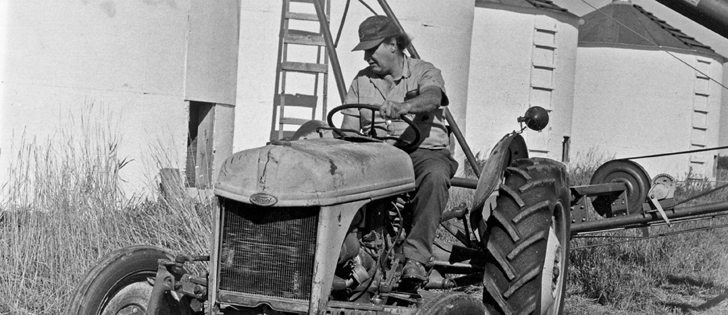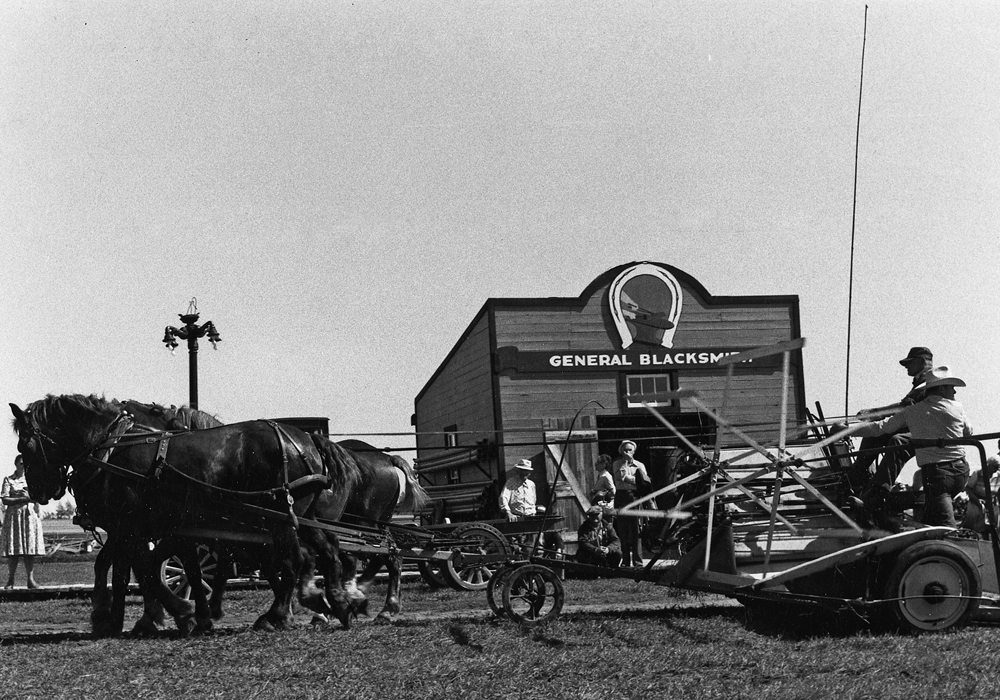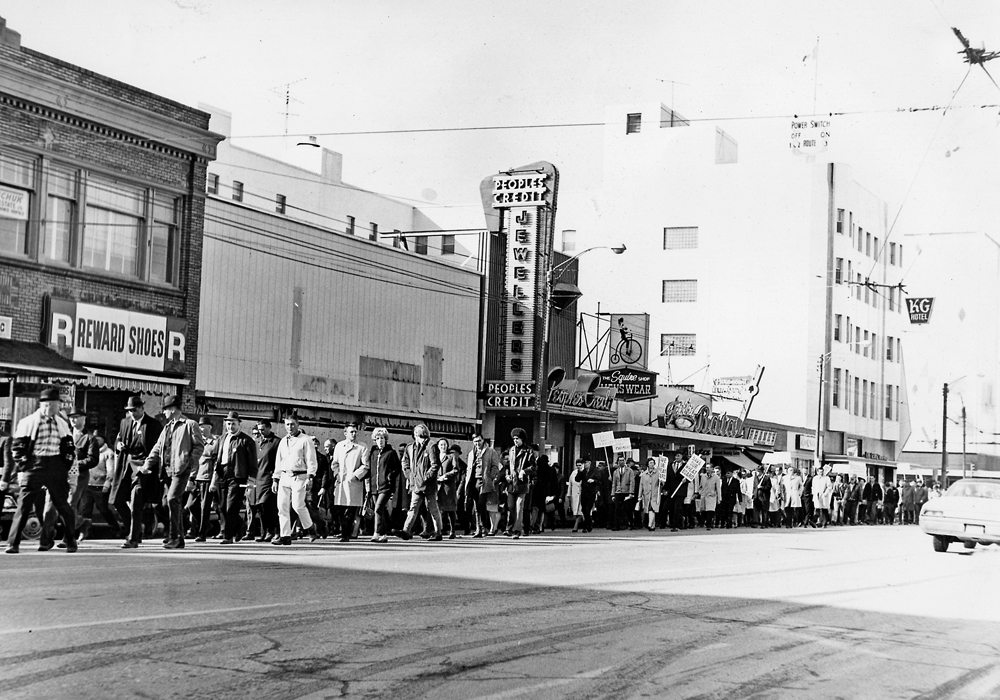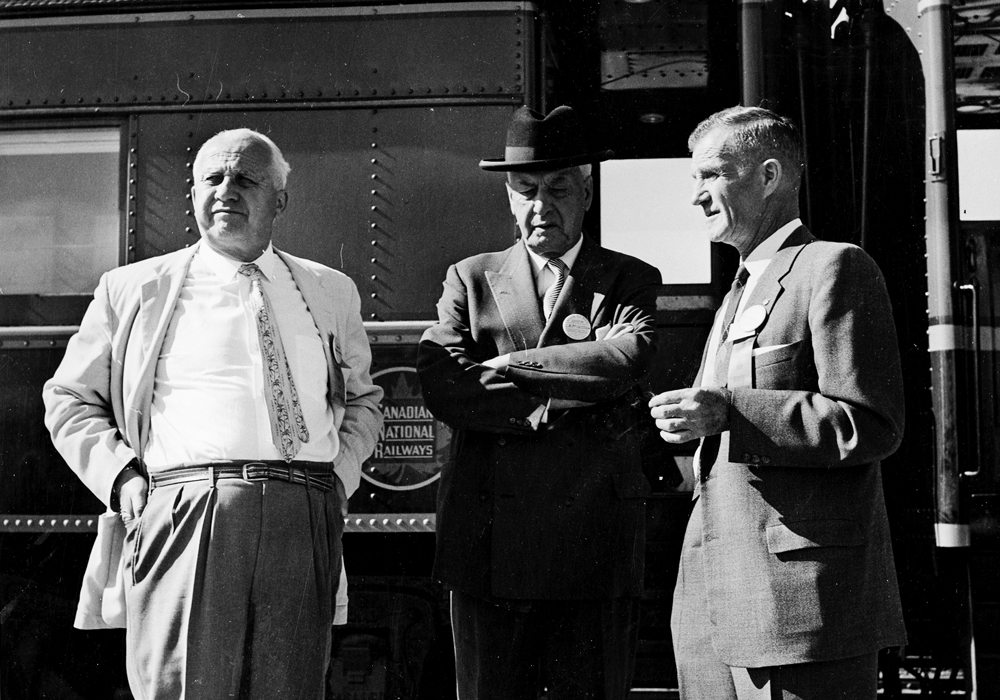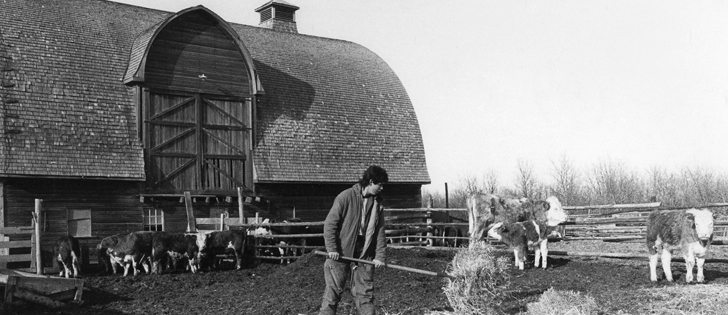The Western Producer takes a weekly look at some of the stories that made headlines in issues of the paper from 75, 50, 25 and 10 years ago.
75 years ago: March 14, 1940
Saskatchewan Association of Rural Municipalities delegates asked for parity pricing for wheat and other products, suspension of speculative trading and complete control of wheat marketing for the Canadian Wheat Board during their convention.
The supreme champion at the Shorthorn bull show in Perth, Scotland, sold for $8,250.
50 years ago: March 11, 1965
The Canadian Wheat Board began mailing cheques to prairie farmers as part of the biggest final payment in its history: $271,964,204. Producers received a record 46.893 cents per bushel for No. 1 Northern basis the Lakehead.
Read Also
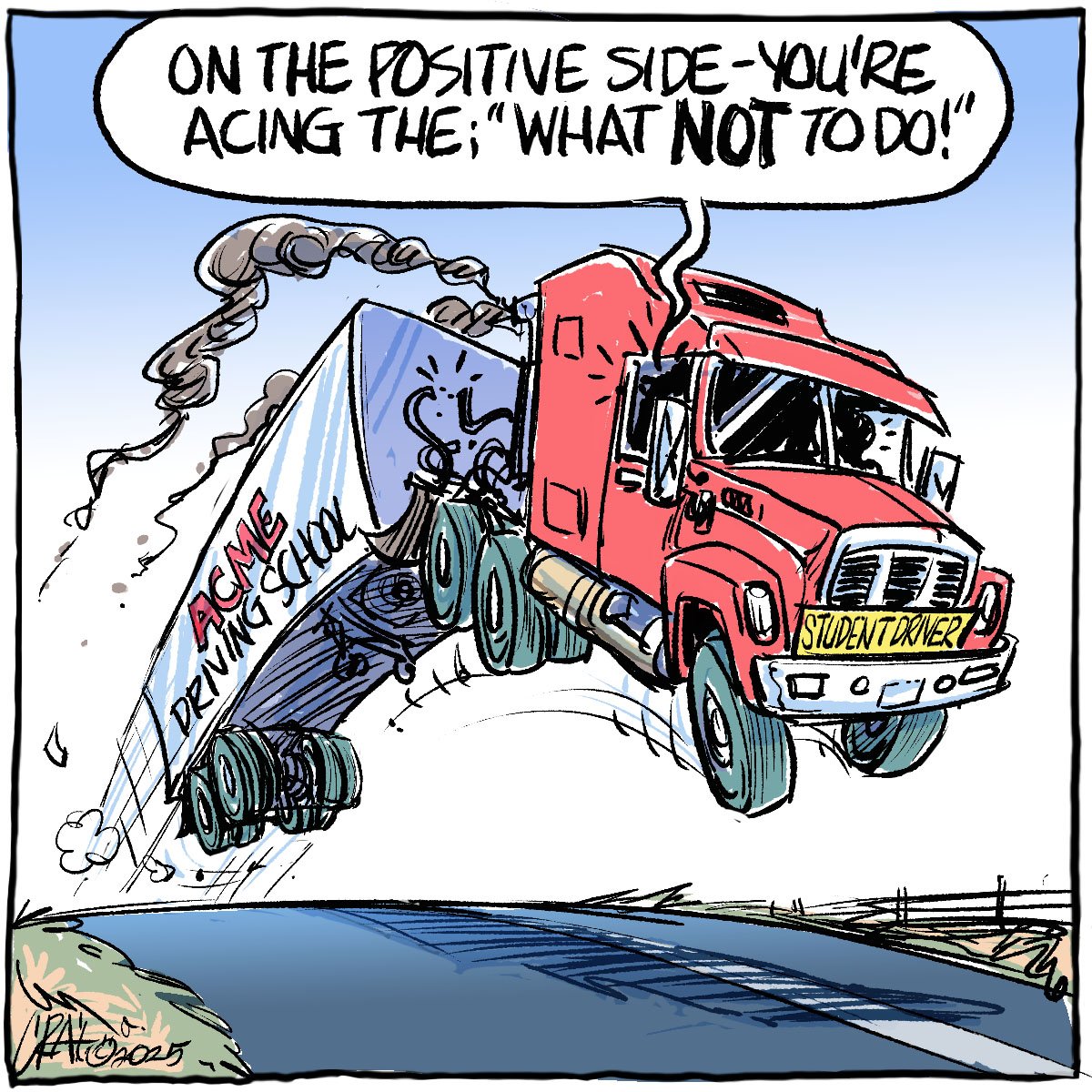
Efforts to improve trucking safety must be applauded
The tragedy of the Humboldt Broncos bus crash prompted calls for renewed efforts to improve safety in the trucking industry, including national mandatory standards.
When added to the initial payment of $1.50 per bu., it brought the total return to $1.96 9/10.
A National Farmers Union delegation led by Roy Atkinson asked the federal government to review the country’s basic agricultural policy objectives.
Among other things, the NFU argued for price supports that favour the family farm.
25 years ago: March 15, 1990
The federal government’s proposed national checkoff for imports as well as domestic production didn’t receive a rousing welcome among farmers. The Canadian Cattlemen’s Association, for example, was worried it might lose control of its own checkoff.
Meanwhile, the Saskatchewan Canola Growers Association asked the provincial government to let its members vote on a producer-controlled checkoff in the province.
Eight Canadian millers were charged with rigging prices on up to $500 million in flour sold to the Canadian International Development Agency.
10 years ago: March 10, 2005
It was a bad week for American-Canadian relations. The United States had been preparing to open the border to live Canadian cattle as a step toward easing the BSE crisis, but a last minute injunction requested by R-CALF kept the door shut. Canadian producers were furious.
As well, the U.S. Department of Commerce decided to continue imposing a 14 percent duty on Canadian hogs, which was imposed because of dumping charges against Canada. Canadian producers called the decision unfair and unreasonable.
Canadian Wheat Board director Ian McCreary accused Canadian Pacific Railway of blackmail when it said it wouldn’t invest in new infrastructure to increase capacity if the federal government didn’t definitively close the door on the idea of running rights.

